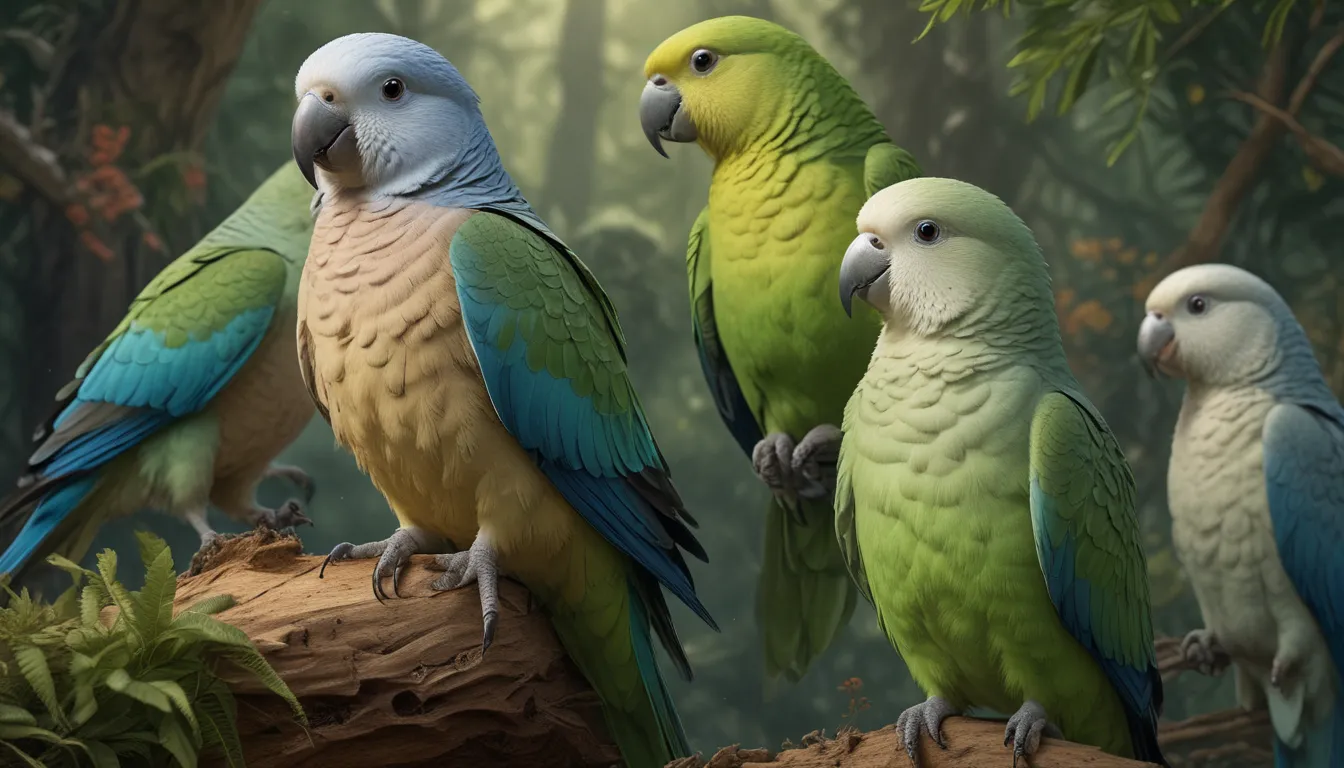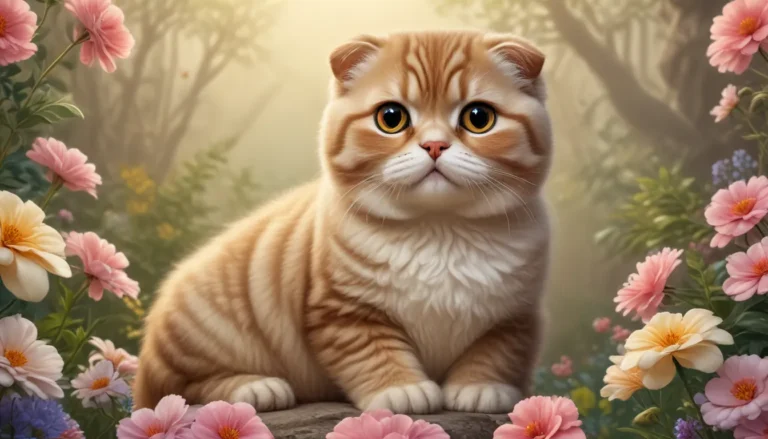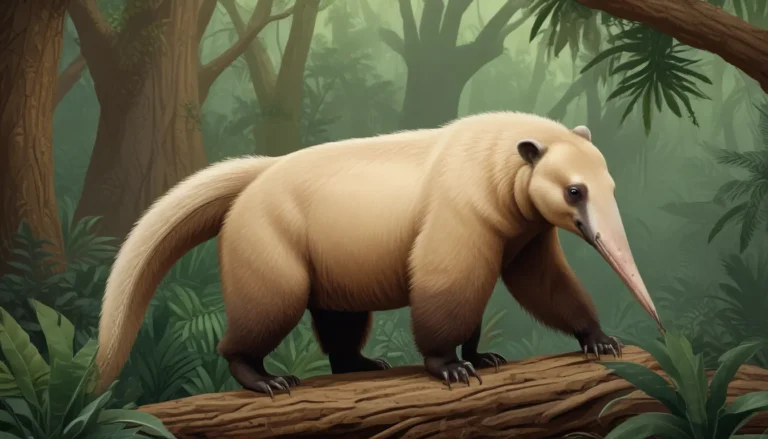The pictures we use in our articles might not show exactly what the words say. We choose these pictures to make you interested in reading more. The pictures work together with the words but don’t take their place. The words still tell you the important facts.
Are you intrigued by the quirky and intelligent personality of quaker parrots? These colorful birds have captured the hearts of many bird enthusiasts around the world. From their impressive intelligence to their unique nesting habits, quaker parrots are truly captivating creatures. In this article, we will explore the intriguing world of quaker parrots and uncover some fascinating facts about these delightful birds.
Quaker Parrot Facts Infographics
Quaker parrots are intelligent birds that can mimic human speech.
Quaker parrots are renowned for their exceptional intelligence and ability to mimic human speech. Like crows, these birds possess a high level of cognitive abilities, including memory and problem-solving skills. To keep your quaker parrot mentally stimulated, provide them with toys and social interaction. These birds can also learn to mimic a wide variety of sounds and voices, making them excellent companions for those who enjoy talking birds.
They are omnivorous birds and enjoy a variety of food.
As omnivores, quaker parrots have a diverse diet that includes fruits, flowers, leaves, seeds, and insects. In captivity, they thrive on a diet of seeds and pellets specially formulated to meet their nutritional needs. Additionally, they can enjoy cereal crops, dried meat, nuts, and sweet potatoes. Providing your quaker parrot with a balanced diet is essential for their overall health and well-being.
Like most parrots, they are social animals.
Quaker parrots are highly social creatures that thrive in large flocks in the wild. They communicate through a variety of cues, including visual, tactile, chemical, and auditory signals. In captivity, they bond closely with their human caregivers and enjoy human companionship. These birds are known for their cooperative parenting behavior, with older individuals assisting in the care of younger siblings. Their social nature makes them excellent pets for those seeking an interactive and engaging companion.
Quaker parrots are the only parrots that build stick nests.
Unlike other parrot species that nest in tree hollows or natural cavities, quaker parrots are unique in their nesting behavior. They construct elaborate stick nests that can house multiple pairs of birds. These nests have chambers or rooms that serve specific functions, such as incubating eggs and caring for offspring. The complex architecture of their nests showcases their intelligence and cooperative behavior within the flock.
Their elaborate nests have chambers or rooms.
The intricate nests built by quaker parrots feature multiple chambers or rooms that serve different purposes. From incubating eggs to protecting their young, these birds display remarkable architectural skills in creating their nesting structure. Each pair of birds contributes to the construction and maintenance of the nest, showcasing their cooperative behavior within the flock. Observing the intricate design of their nests is a testament to the intelligence and social complexity of quaker parrots.
Quaker Parrot Facts: Pet Ownership and Conservation Efforts
Quaker parrots are popular around the world as pets.
Due to their vibrant colors and playful personalities, quaker parrots are popular choices as pets. These birds are prized for their ability to mimic human speech and their social nature. While they require mental stimulation and social interaction to thrive, quaker parrots can make delightful companions for bird lovers. Their smaller size and lower maintenance needs compared to larger parrot species make them an appealing pet for many households.
They come in various colors due to rare genetic mutations.
While wild quaker parrots exhibit green and gray coloration, domesticated birds may display a range of colors due to genetic mutations. Breeders have achieved variations such as white, blue, yellow, and cinnamon-colored feathers through selective breeding. These unique colorations are highly sought after in the pet trade, with specialized breeders producing rare color morphs. The natural green plumage of wild quaker parrots provides effective camouflage in their native habitats, aiding in their survival and reproduction.
Quaker parrots thrive quite well in the wild.
Despite their popularity as pets, quaker parrots are well adapted to thriving in the wild. Native to South America, these birds inhabit a range of habitats, from palm groves to open savannas. Quaker parrots are resilient and can adapt to diverse environments, including urban areas. Their ability to establish feral colonies in new regions highlights their adaptability and resourcefulness as a species. With a stable population and widespread distribution, quaker parrots are considered of least concern in terms of conservation status.
In some areas, the quaker parrot is an invasive species.
While quaker parrots are beloved as pets, they can pose challenges as invasive species in certain regions. Rapid population growth and resource competition can lead to conflicts with native wildlife and agricultural activities. In locations where quaker parrots have established feral populations, efforts are made to control their numbers and mitigate potential environmental impacts. Conservation measures aim to balance the welfare of these charismatic birds with the preservation of local ecosystems.
Many places prohibit keeping them as pets.
To prevent the further spread of quaker parrots as invasive species, some countries and states have implemented restrictions on pet ownership. Legislation banning the sale, breeding, and possession of quaker parrots aims to protect native ecosystems and prevent the unintended consequences of releasing these birds into the wild. Responsible pet ownership practices are essential to ensure the well-being of both quaker parrots and the environment they inhabit.
Conclusion
In conclusion, quaker parrots are fascinating birds with a blend of intelligence, social behavior, and colorful plumage. Whether admired for their mimicry skills or cherished as pets, these birds hold a special place in the hearts of bird enthusiasts worldwide. By understanding the unique characteristics and behaviors of quaker parrots, we can appreciate the complexity and diversity of avian life. Whether observing their intricate nests in the wild or enjoying their playful antics in captivity, quaker parrots continue to captivate and inspire us with their remarkable presence.






